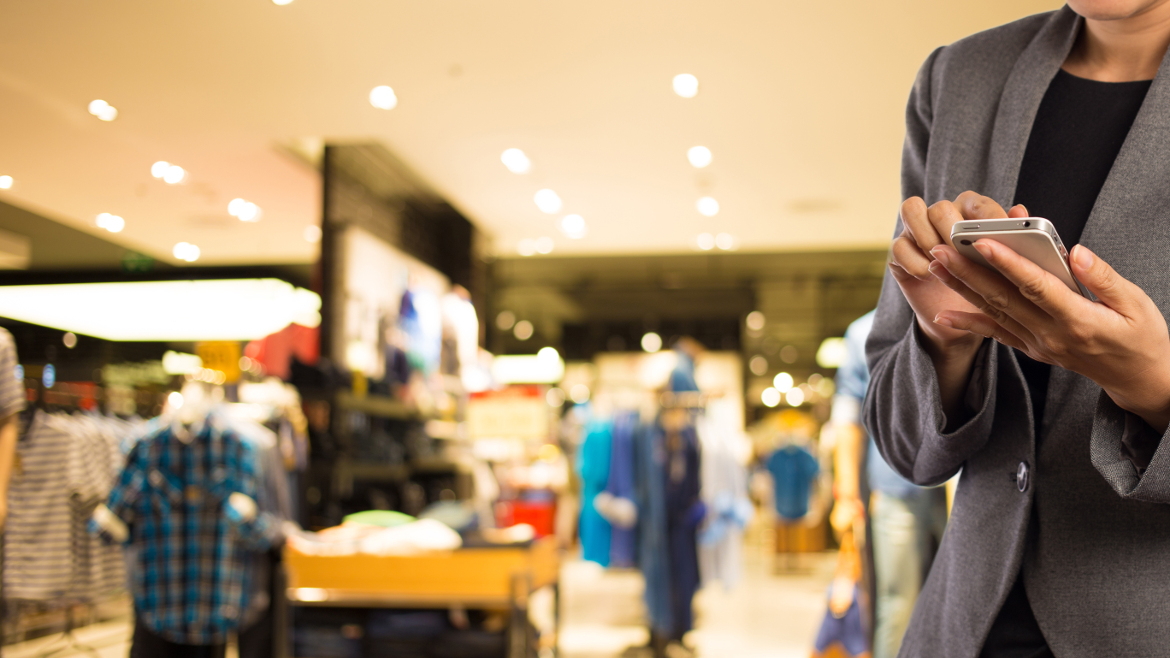Consumers, on the whole, like to know their shopping habits are ethically sound. A survey by Nielsen in 2014 of consumers in 60 countries found that 55% would pay more for the products and services of companies committed to positive social and environmental impact.
Some companies are responding to this demand by developing sustainable and ethical product lines. For example, online clothing manufacturer Everlane works to identify factories with good working conditions and operates under the tagline “Radical Transparency.” British accessory maker Elvis & Kresse uses recycled materials in its products, such as handbags made from fire hose.
These companies make up the so-called “ethical economy.” According to the most recent Ethical Consumer report, a project of the UK’s Co-operative Bank, the value of Britain’s ethical spending grew by 9% in 2013, rising to more than £32 billion (well above economic growth of less than 2%).
But how can consumers ensure that the conventional businesses they patronise meet their ethical standards?
Labels and certifications help, of course. Since 1987, the Rainforest Alliance, a New York-based conservation group, has promoted sustainable agriculture, forestry and tourism by allowing companies meeting its standards to put a “Rainforest Alliance Certified” seal on their products. Similarly, the Forest Stewardship Council uses its certification programme to promote responsible and sustainable management of the world’s forests.
The trouble is, only so many labels can fit on a product. And not all consumers have the time or energy to scrutinise every certification or understand what it means.
A number of smartphone apps have sprung up to resolve this information problem, taking the hard work out of navigating the plethora of certifications and standards. Examples include Australia’s Good On You, which ranks the social and environmental impact of fashion items, to GoodGuide, which helps shoppers find safe, healthy, sustainable and ethical food, personal care and household products.
Yet it will take more than an app to navigate the decades-old complexities involved in identifying ethically and environmentally sound products.
For a start, global supply chains are notoriously difficult to monitor. Take the textile sector. Despite decades of work by big brands and NGOs with developing country suppliers, abuses persist, as became clear after Bangladesh’s Rana Plaza factory collapsed in 2013. Over 1,100 workers were killed in that incident, after managers allegedly forced them to work despite evident cracks in the building’s structure.
Even more challenging is the seafood sector, where evidence is emerging of appalling forced labour and human trafficking: a recent Associated Press report identified the use of slave labour to produce seafood sold in major supermarkets. Yet the seafood supply chain might involve eight or nine steps, from the factory peeling shrimps to the vessels catching fishmeal for farmed fish products. In these circumstances, tracking abuses is hard enough for a large corporation or a global NGO, let alone a tech start-up wanting to provide an ethical shopping app.
In addition, there are social and environmental trade-offs. While consumers might want to reduce their carbon footprint by avoiding fruits and vegetables shipped across the world, a boycott of such products could deprive tens of thousands of workers in developing countries of their livelihoods.
It is not easy to capture these kinds of complexities. So while ethical shopping apps may proliferate, and their role in increasing transparency is to be celebrated, their contribution to reducing the environmental and social impact of global consumption is just one piece of a much larger puzzle.
Do you have the information you need to be an ethical shopper? And how could our shopping habits be made more ethically sound? Share your thoughts on the Future Realities LinkedIn group, sponsored by Dassault Systèmes.
Sponsored by:





